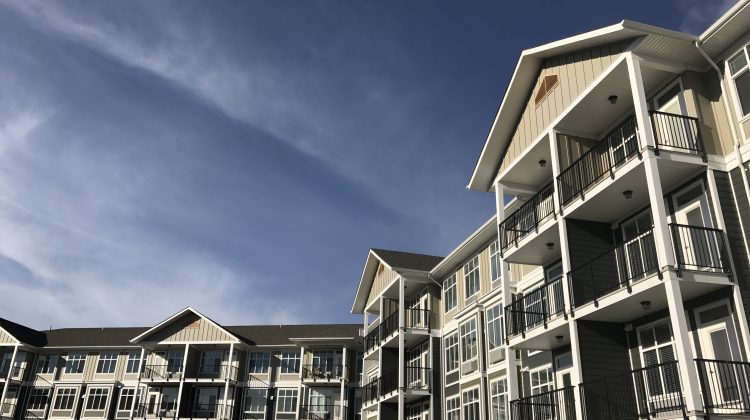The housing market on Vancouver Island is continuing to suffer from low inventory, says a Vancouver Island Real Estate Board (VIREB) report.
The latest report for the month of February found that while the inventory for single-family homes rose by 34 per cent from January to February, the amount is still 12 per cent lower than February 2021.
Condos were much the same as they declined by 31 per cent a year ago but rose seven per cent since January. Townhouses dropped 27 per cent and the inventory stayed the same from last month.
Prices for single-family homes are also up 36 per cent year over year, with the benchmark sitting at $822,500 in February. The same goes for condos, which are up 28 per cent and townhouses have climbed 34 per cent.
The prices, however, are more dramatic depending on the area year over year. The North Island for example saw the benchmark price for a home rise to $438,100, a 50 per cent increase year over year.
Campbell River’s benchmark price now hits $699,900 (28% up), Comox Valley is now at $820,600 (30%), Cowichan Valley hit $804,300 (29%) while Nanaimo saw a 38 per cent increase for an $852,800 benchmark price.
Month-to-month differences were between two and four per cent increases except for the Comox Valley, North Island and Qualicum which saw increases of less than one per cent (0.7%, 0.8% and 1%).
The British Columbia Real Estate Association (BCREA) says demand will need to change in order for things to become healthier.
“With housing markets so out-of-balance, it will take a substantial decline in demand to return active listings to a healthy state,” said the association in a release. “A “perfect storm” of factors – including record-low supply, historically low mortgage rates, and lifestyle changes resulting from the COVID-19 pandemic – have resulted in dramatic price increases and highly competitive real estate transactions.”
However, with demand not slowing down VIREB president Erica Kavanaugh says more housing is the solution.
“The price of a home is primarily driven by the market fundamentals of supply and demand,” said Kavanaugh. “Government interventions that only target the transaction process, such as the recently announced cooling-off period, will never be enough to make housing more affordable. The bottom line is that we need more supply.”
Total MLS home sales on the Island were down over 13 per cent so far this year.




